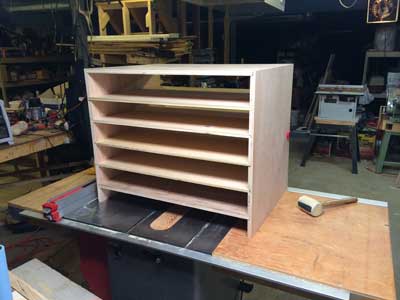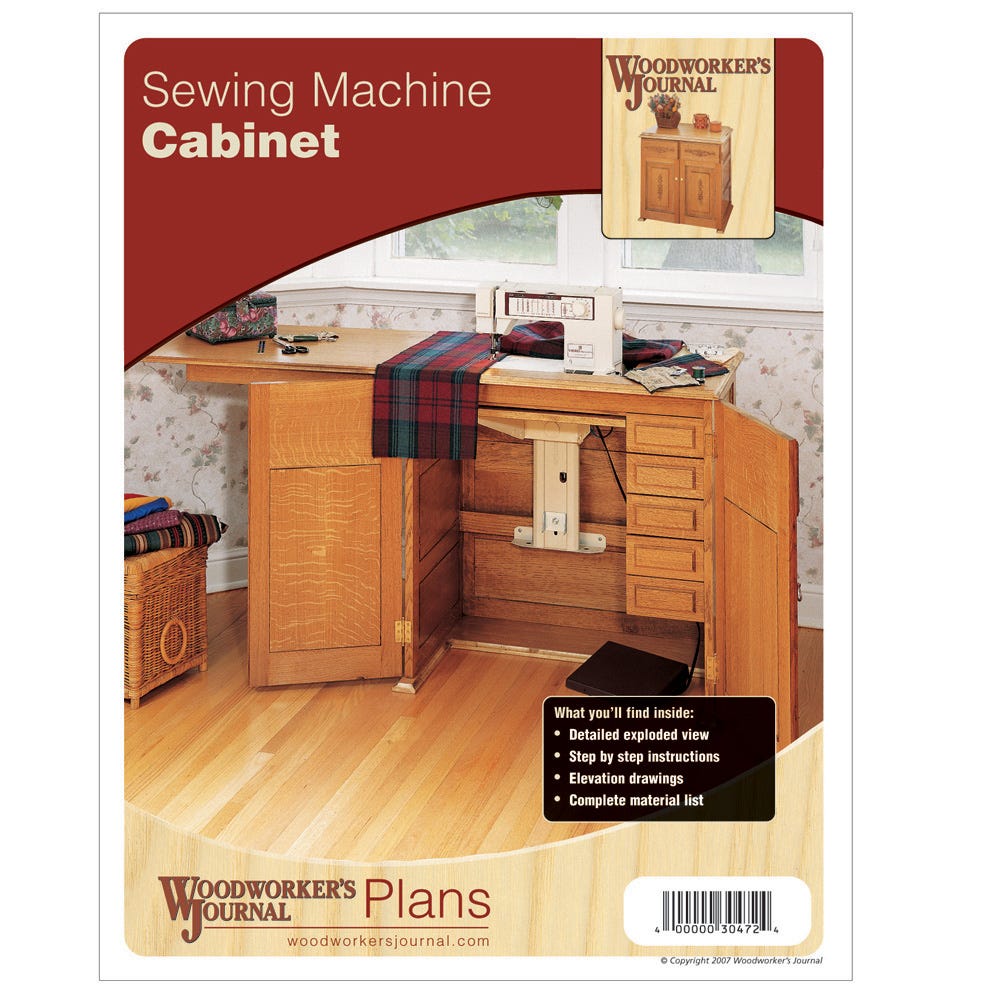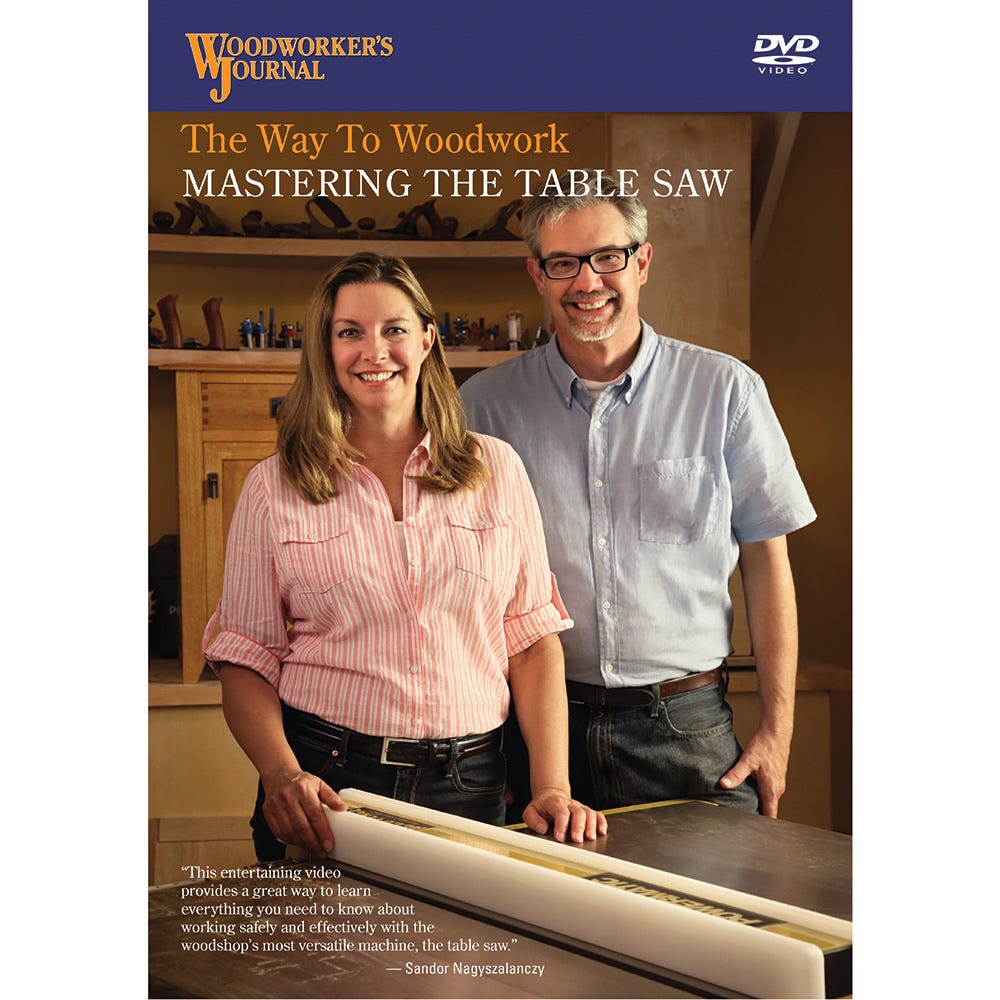In last week’s eZine, Rob asked whether eZine readers make money from your woodworking – plus whether you want to do so, or would prefer to keep your woodworking in a hobby status.
Some readers admit that they have the aspiration, but not the reality. – Editor
“I’ve been a woodworker on/off for over 50 yrs. (a military career got in the way). I have made some but not enough to make a living … yet. As I enter retirement for a second time, I find myself wanting to create a small income stream using my shop. So, technically, I aspire to make a living from my shop. Like most of us, I have dreams of creating items that people want to wear or display because of its’ beauty.” – T. Baker
Some find that they have a greater enjoyment of the things they make when they are not doing so for pay. – Editor
“I am primarily a hobbyist woodworker, but on a couple occasions I have made products for people that wanted something in particular. My experience has been that I far more enjoy making what I want to make and then giving it away to someone who will appreciate it. When someone is paying me for a product, I tend to feel pressured to produce the product within a given timeframe, and I tend to over-work the project instead of doing a good job and leaving it at that.” – David Albrektson
“First of all, thank you for what you do. I really enjoy your emails. No, I do not think I could make a living in my shop. I am a 21-year insurance agent and have built up a substantial client base. I have the pleasure of building things like birdhouses, bird feeders, and tissue box covers – often to give away to friends and clients. I guess if I had to dive in and make a living from the shop, I’d have to settle on some type(s) of furniture to build.” – Tim Harrelson
“I personally can make money when I build rocking horses, but I only sell half of them, and I donate the other half to fundraisers. So the answer is no. I do a lot of projects for friends that think I can make a living doing so, but the truth is I’m far better off with my real job and the benefits than I would be as a woodworker. You would need to be good at marketing if you are going to make a living at something as much fun as woodworking. I think my last commissioned piece made me about $5.58/hour, but it was fun and also for a friend.” – Mark Barry
“When asked if I make money from my woodworking, I always reply, ‘My woodworking is a nonprofit organization.’ I did not plan it that way, but
facts are facts. I also tell people that I have to sell my work to allow me to buy more materials to build more ‘things.’ My shop keeps me off the streets at the age of 69 and it gives me a good reason to get out of the house every day besides going to get breakfast with some friends. Thanks for the work you guys do for our ‘hobby.’” – Charles Buster
“I would like to make money doing it, but am perfectly happy not. I am a stay-at-home dad and disabled. So after cleaning and doing laundry and my other ‘house spouse’ duties, I enjoy getting in my basement shop and working what I can. I have built many things for others. I tend to do it for cost or slightly more than cost. Anything over cost is usually put into the gas tank for getting the materials or hardware and so on. It’s expensive enough to have someone custom build anything these days, then to charge a premium for the labor is something I have failed to do. With that being said, I never tried to sell myself to the folks that have enough money to pay for such. More power to those that can, but I’m not a salesman.
“Three years ago, I approached my daughter’s art teacher about making easels for the class. She declined that idea as she did not have a need for them. She did, however, need a place for storing paintings and other things to dry safely and out of the way. So I took on the task. A month later, I delivered four multi-shelf rolling units that roll under a wall-mounted counter and out of the way for storage and drying purposes. The last I heard, the teacher loved them and was getting great use out of them and even uses them as ‘rolling desks’ for her student teachers. This was the first time I built something and had the materials donated, and I felt a sense of reward and accomplishment that I have never felt after any other build. I hope I have the chance to do it again in the future.” – Kevin Hanes
“Thank you for fielding this reader’s question, and posing your own. I enjoy the rewards of the craft for the satisfaction itself. Recently I have been asked by several friends and family to make items for them. I do have to say that I have had to stretch my skills and learn new techniques to accomplish some of these items. The learning has been rewarding in itself. I have spent the last couple of years with a mix of projects and do have to say that my greatest satisfaction has come from projects that I have worked on with my grandchildren. We have made toys, furniture, toolboxes, and more.” – Michael D. Thomas
Some readers did have businesses, and they had insight into the difficulties of making a profit. – Editor
“I sometimes do craft fairs, mostly low-end ones. I’m not a businessman, although I recognize that if I really wanted to make money, I’d have to go to the high-end fairs. Some of the high-end fairs have table fees in the hundreds of dollars or more, but command higher prices; as opposed to the lower-end fairs, where the table fees are under $100, but your prices have to be much lower. In either case, there is no guarantee you will even recoup the table fee.” – Barry Saltsberg
“I did two Christmas shows each of the last two years. I spent much of September, October, early November building ahead on things. I considered the shows a success, money wise; I was happy to have a good-sized wad of bills in my pocket at the end of the day. But when I sat down later, and looked at the amount of time I spent in the shop to get that money — I was lucky if I was making 3 or 4 bucks an hour. Hard to pay for all that cast iron at that rate! Not to mention saw blades and sandpaper. And I had a nice leg up, with a pretty good size pile of donated wood.
“I am sitting out this year, partly because it just doesn’t pay. I also have some health and family issues right now keeping me from the shop. But I have noticed, on the things I have done as gifts for family and friends, that my workmanship is much better when I am making a trinket box for a friend, vs. just making one to sell. Closely related to that, my enjoyment level is way up there when I am working to have a nice gift to hand a niece or nephew.
“I am fortunate I do not have to produce work to pay the bills; I would be in trouble if that were the case. I did notice my productivity was way better when I did not have to finish something (i.e., bird feeders, birdhouses, and bat houses were just raw cedar). The time spent finishing finer projects really eats into productivity.” – Dan Valleskey
Plus, some general business advice. – Editor
“I began woodworking out of sheer necessity. We bought a house that was approaching 200 years old and very much showing its age. As I honed my woodworking chops as a homeowner, I thought to bring in some cash by doing things for others. Repairing furniture was where I started.
“Making a living is not the same as earning money on the side. Besides that, quite a lot of water has gone over the dam since then and my age is starting to show, too. If I was 20 years younger, I’d still be too old to be starting a business. I have, however, gained some insights to the idea of going in business as a woodworker.
“First, you must have the skills. Having tools doesn’t make one a woodworker. If one has the skills and the tools, he/she is still a long way away from having a business. Starting out, there will be expenses. Many of them. So, capital must be there to cover the costs until the business can pay them. Which costs? Utilities including telephone, Internet (yes you should have internet), heating and cooling, plus food, clothing, housing, advertising, materials, expendables, finishes, fasteners, some kind of accounting software, licenses including sales taxes, permits and what have you.
“Just opening the garage door and hoping for business to come in just won’t do for most small businesses. Not considering these many things is a major reason many fail to make a living at whatever business they want to operate. I would strongly recommend YouTube as a way to promote oneself. These days having computer skills and knowing one’s way around the Internet are real assets. Even the most skilled and talented have a long period in which they grow the business. Often the best fail because they just can’t fill all the jobs themselves and can’t afford to hire them done. If one has a smart, ambitious and encouraging mate, the chances are better.
“As can be seen, most of what it takes to make a living in woodworking isn’t woodworking. A lot of us make extra money selling things in craft shows, even flea markets, but that doesn’t amount to making a living. Life demands more. That’s why most of us take a day job and then make the most of what’s left of our time and strength.”- Don Butler
Flat Box Advice
After last week’s eZine, we also heard from this reader with additional advice for the questioner who wanted to know “How Do I Fix a Drawer Box That Won’t Sit Flat?” – Editor
“I build a good number of band saw boxes and need to ‘reflat’ surfaces
sometimes. I have a nice sized piece of painted surface fiber core board that was scrap from a messed up project, and I take some automotive spray adhesive and spray on the back of a sheet of automotive wet or dry 80-grit and glue it to the fiber board. Then that big sanding block is clamped to the table saw table, and I then use the chalk method for making sure the box will sit flat. Of course, finer grit can be used to remove sanding marks as needed.” – Charles Buster









